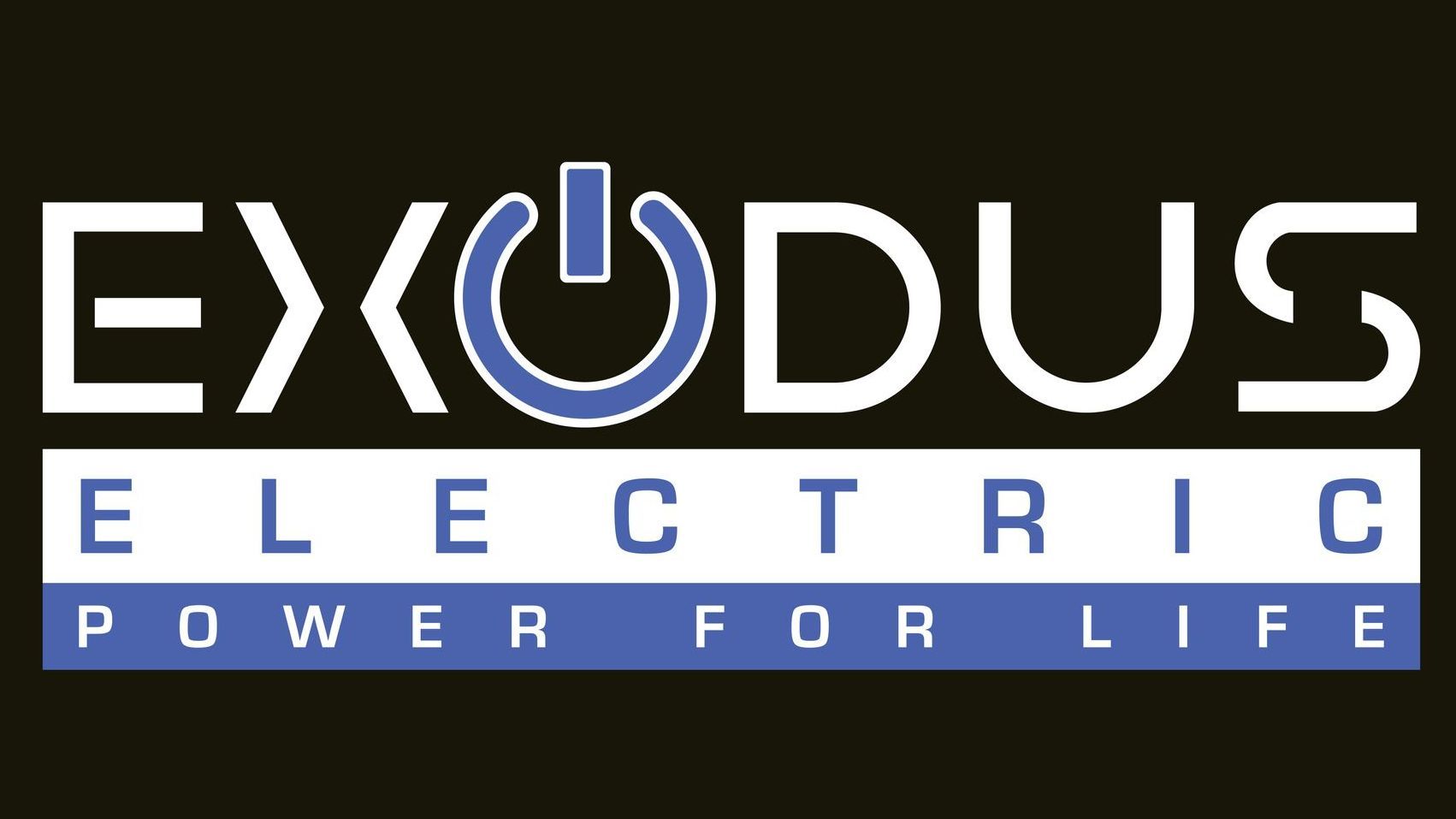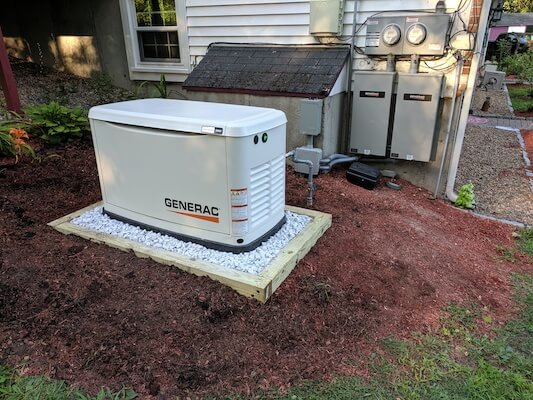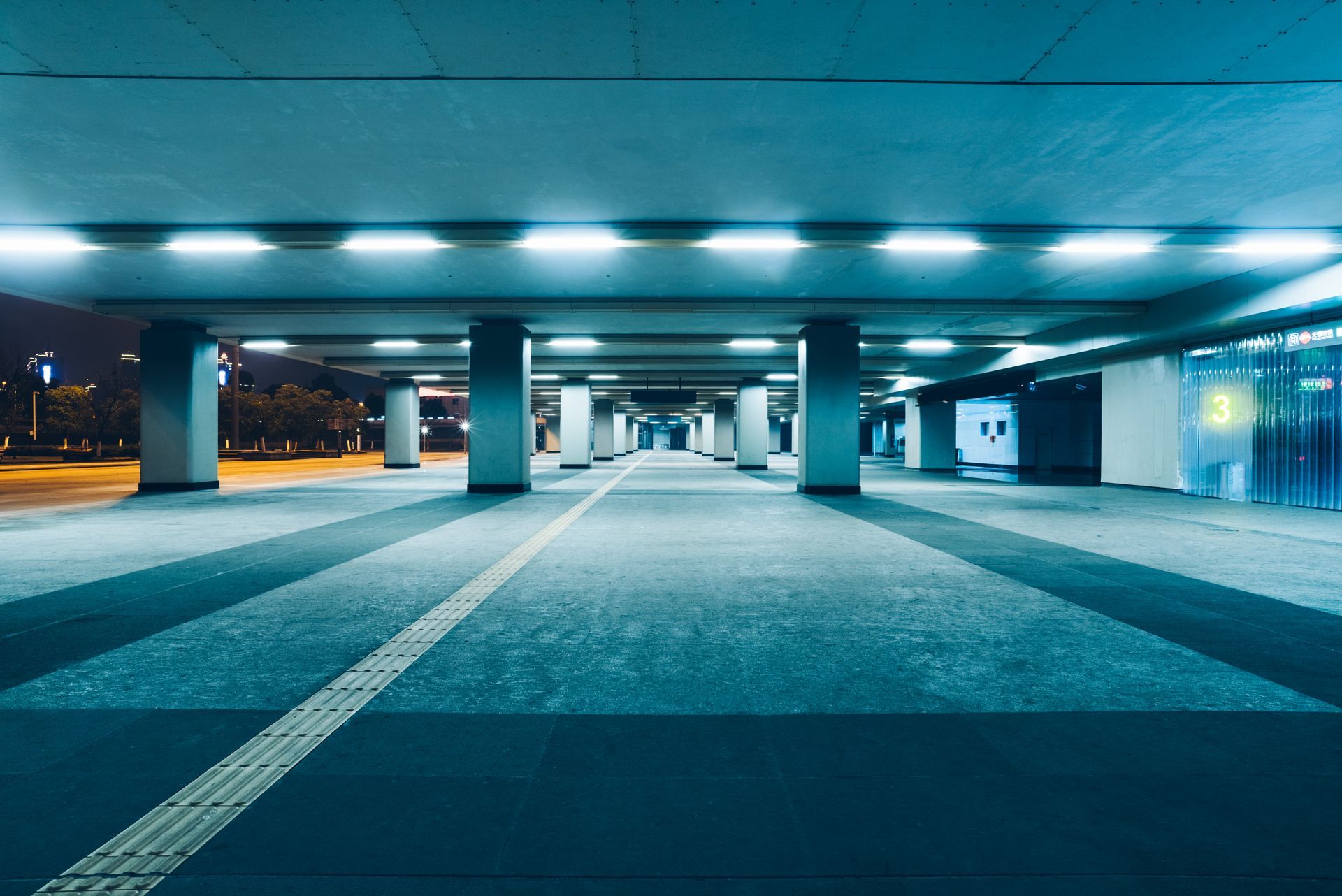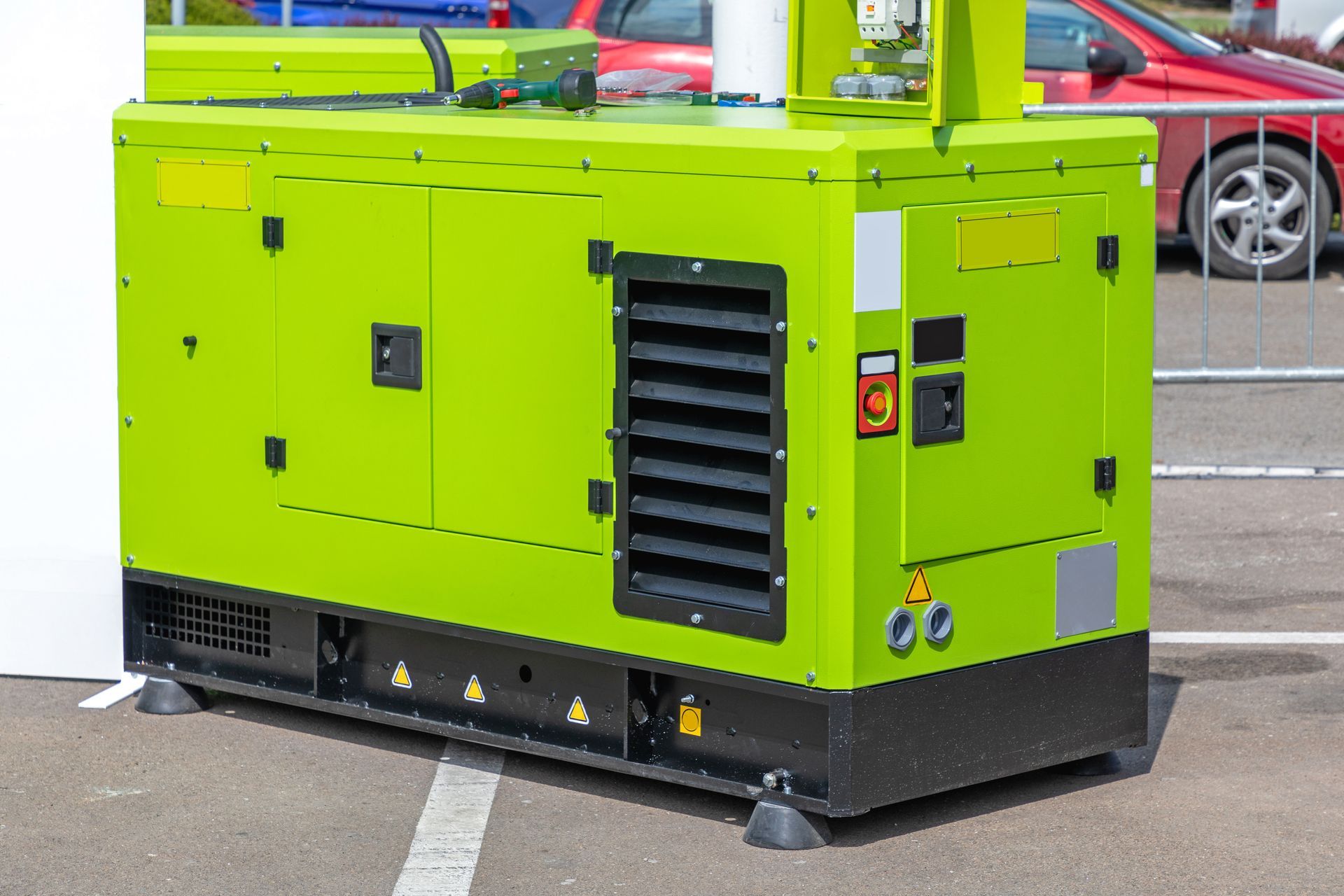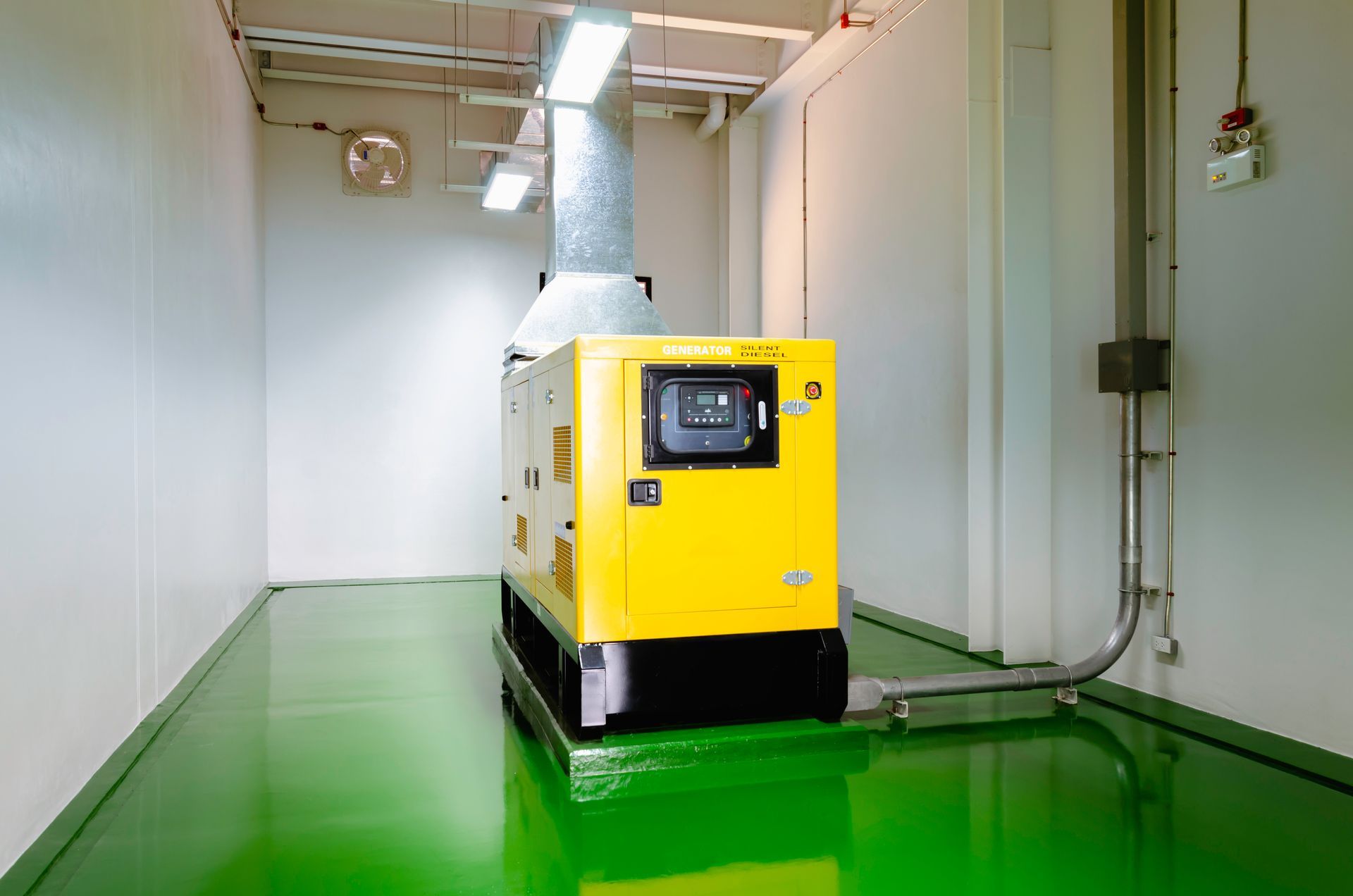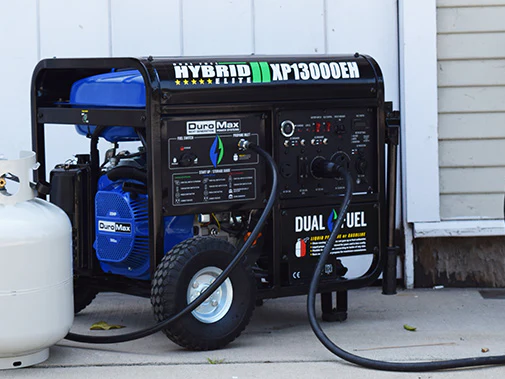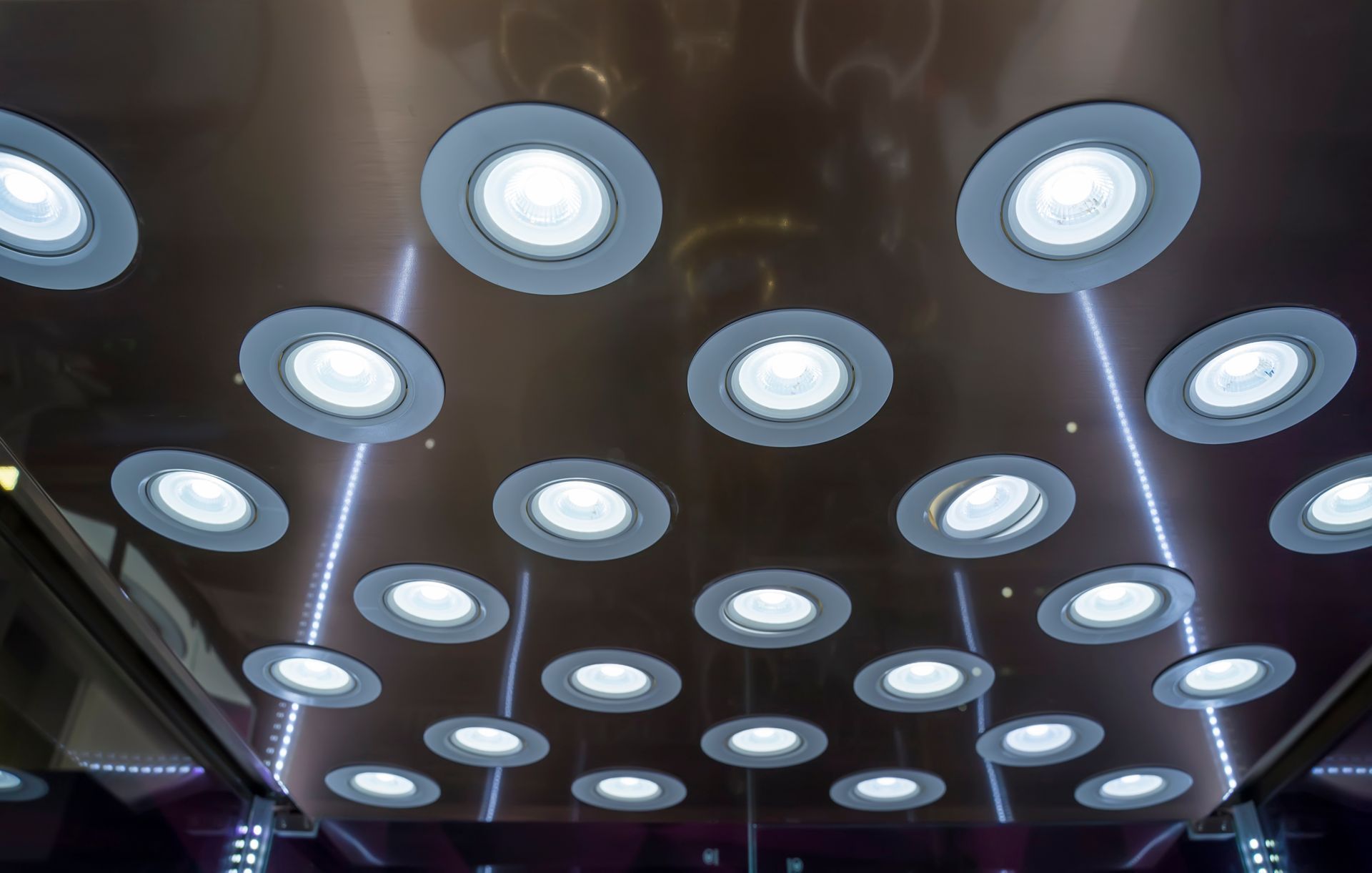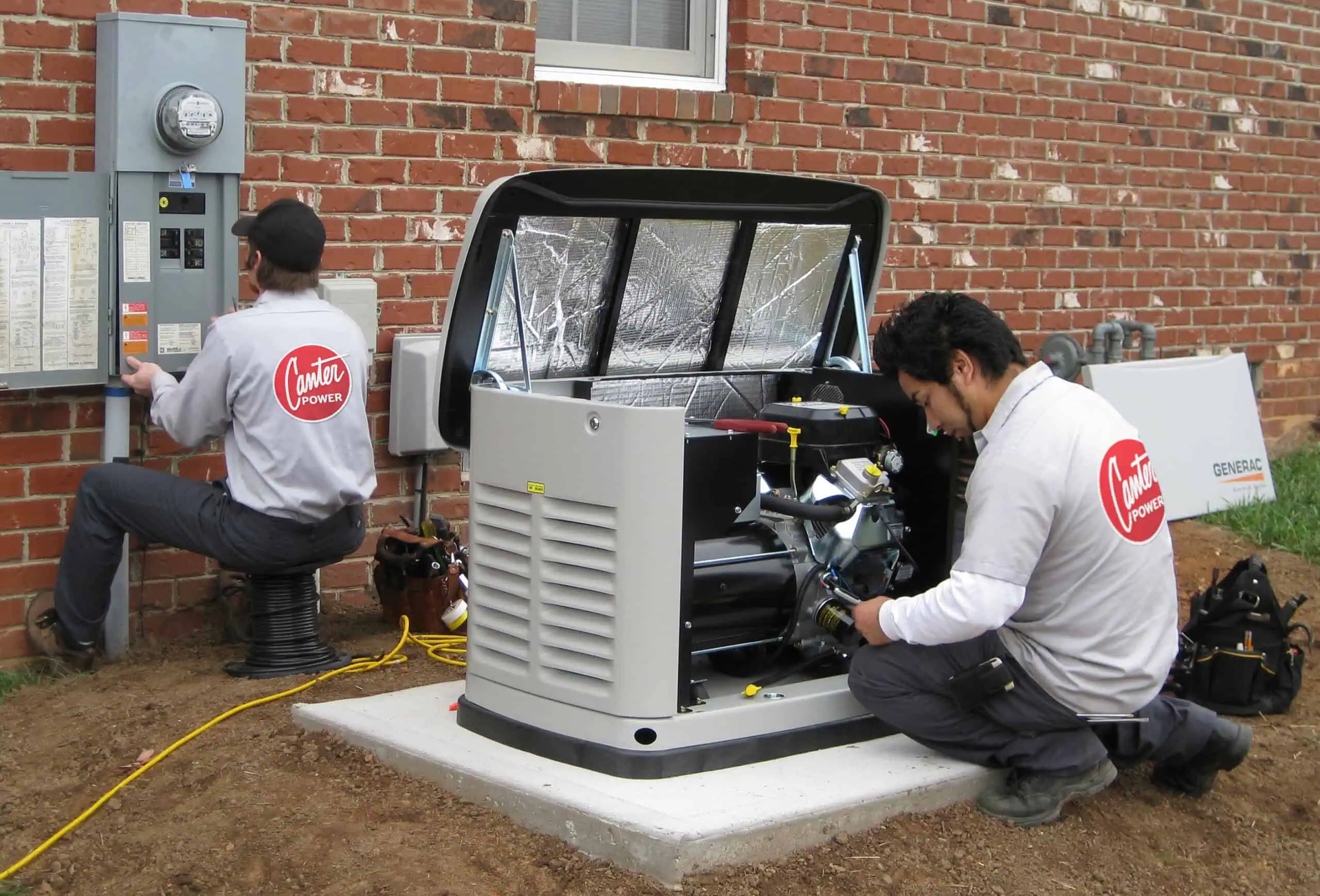EXODUS ELECTRIC
How to Choose the Right Generator for Your Home or Business
Power outages are inconvenient at best and downright dangerous at worst. Whether you are a homeowner who doesn’t want to lose a fridge full of food or a business owner who can’t afford downtime, investing in a generator is a smart decision. But with so many options out there, how do you choose the right one? That’s where knowing the basics of generator installation, generator maintenance, and generator repair can save you both headaches and money.
In this blog, we’ll break down everything you need to know about finding the right generator, keeping it in great shape, and making sure it works when you need it most.
Why You Need a Generator for Your Home or Business
Life in Florida means sunshine, palm trees, and—let’s be real—occasional power outages thanks to storms and hurricanes. A generator is more than just a convenience; it’s peace of mind.
Here’s why:
- Safety and Security: A backup generator keeps security systems, medical devices, and essential appliances running.
- Business Continuity: For businesses, downtime equals lost revenue. A generator keeps the lights on and operations moving.
- Comfort During Outages: No one wants to sit in the sweltering Florida heat with no air conditioning. A generator ensures your comfort even when the power grid fails.
Having one installed is not just a luxury—it’s becoming a necessity. If you’ve ever been caught in a blackout with no backup power, you already know the frustration.
Understanding the Types of Generators
Before jumping into generator installation, it’s important to know the different types available. Not all generators are created equal, and the right one for a home may not be the right one for a business.
- Portable Generators: These are smaller, mobile units perfect for temporary power needs. Great for tailgating or short outages but not practical for running a whole house or business.
- Standby Generators: These are permanently installed and kick on automatically when power is lost. Ideal for homeowners who want seamless backup power and businesses that need continuous operations.
- Inverter Generators: These are quieter, fuel-efficient units often used for smaller needs or sensitive electronics. They are pricier but worth it for reduced noise and clean power output.
Each type has its pros and cons, but if you’re serious about long-term power reliability, standby generators usually win the day.
Key Factors to Consider Before Generator Installation
Choosing a generator isn’t as simple as picking one off the shelf. Several factors play into making the right choice:
- Power Needs
- For homes: Decide whether you want to power the entire house or just essentials like the fridge, lights, and AC.
- For businesses: Think about critical systems such as computers, lighting, HVAC, and security.
- Fuel Source
- Common options are natural gas, propane, or diesel. Each has different availability and storage requirements.
- Natural gas is convenient if you already have a line, while propane and diesel offer longer storage.
- Size and Capacity
- A professional electrician can calculate your load requirements. Don’t guess—too small and it won’t work, too large and you’ll overspend.
- Budget and Maintenance
- Beyond the initial cost of generator installation, factor in ongoing generator maintenance and the potential for generator repair down the road.
- Location and Noise
- Placement matters for safety, efficiency, and neighborhood peace. You’ll want expert advice on where to install it.
Getting the right fit saves you from buying a generator that either underperforms or costs more than necessary.
The Importance of Generator Maintenance
Buying a generator is only half the story. Without proper generator maintenance, even the best unit can let you down when you need it most. Think of it like a car—you wouldn’t buy one and never change the oil.
Here are a few key maintenance tasks:
- Regular Testing: Run your generator monthly to make sure it’s ready.
- Oil and Filter Changes: Just like a car engine, these need to be changed on schedule.
- Fuel System Checks: Prevent clogs or contamination that could cause a failure.
- Battery Inspection: Batteries die faster than you think. Keep them tested and replaced when needed.
- Professional Inspection: Have an expert check the system annually to catch issues before they become expensive problems.
Skipping maintenance can mean a generator that won’t start during a storm—a mistake you’ll only make once.
Choosing the Right Professional for Generator Installation
Installing a generator is not a DIY weekend project. It requires permits, electrical knowledge, and often coordination with local utilities.
Choosing a licensed professional like Exodus Electric ensures:
- Correct sizing and installation for your needs
- Safe connections to your home or business electrical system
- Compliance with local codes and regulations
- Reliable follow-up maintenance and repair services
The right installation is the foundation for years of dependable backup power. Cutting corners may save money upfront but could cost a lot more down the road.
Call Exodus Electric for Professional Generator Services in Brandon & Tampa, FL
Keep Your Home or Business Powered with Expert Help
When it comes to something as important as backup power, don’t leave it to chance. At Exodus Electric, we specialize in generator installation, generator maintenance, and generator repair for both homes and businesses in Brandon, Tampa, and the surrounding areas. Our team makes sure your system is sized correctly, installed safely, and always ready to go when you need it most.
In addition to our generator services, we also provide expert commercial electrical work including lighting repair, parking lot and sign lighting, and exit lighting installation and repair. We also handle residential electrical services to keep your home running smoothly and safely. Call us today at (813) 444-4445 to schedule your consultation and take the stress out of power outages.
FAQs
How do I know what size generator I need?
A licensed electrician can perform a load calculation to determine the correct size. It depends on what you want to power—just the essentials or your entire home or business.
How often should I schedule generator maintenance?
At least once a year for professional service, plus monthly test runs to ensure everything is working correctly.
Can I install a generator myself?
It’s strongly discouraged. Generator installation requires electrical expertise, permits, and compliance with local codes. Always hire a professional.
What’s the lifespan of a standby generator?
With proper generator maintenance, a standby generator can last 15 to 20 years or longer.
What’s the difference between a portable and standby generator?
Portable generators are temporary and usually run on gasoline. Standby generators are permanently installed, run automatically, and can power an entire home or business.
